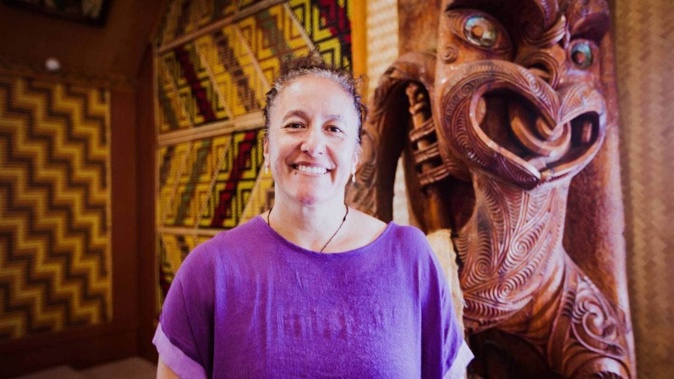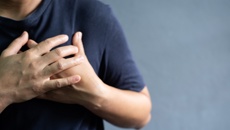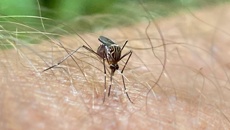
New Zealand needs to overhaul its Covid-19 community isolation scheme and better fund GPs and primary healthcare workers on the front line, a new paper says.
The report was co-authored by south Auckland GP Dr Matire Harwood and published in the New Zealand Medical Journal on Friday.
It examined how Papakura Marae Health Clinic, where Harwood works, coped with the 2021 Delta outbreak.
It included an audit of all the Covid-19 patients the South Auckland practice treated from October 14 to November 18.
Harwood said the reason for writing the paper was to provide evidence of the pressures GPs and healthcare workers were under during the outbreak.
"We wanted to show what was happening on the ground."
Harwood said the team at the clinic received very little guidance or support from the Ministry of Health on how to deal with Covid-19.
"We were trying to contact people to find out what the best practice was, but in the end we just had to get on with it ourselves."
In October, Health Minister Andrew Little said people with Covid-19 who were self-isolating at home would be monitored by Healthline, with primary healthcare GPs and nurses helping with initial assessments.
But within a month, south Auckland GPs like Harwood said they were dealing with growing numbers of Covid-19 patients because the service that was assessing new cases was "overwhelmed".
Whakarongorau Aotearoa (New Zealand Telehealth Services), which runs Healthline, was contracted by the Ministry of Health to provide the services but struggled to cope, the paper said.
It highlighted poor management of cases, failure to conduct check-ins and reports of whānau isolating in homes that did not meet basic guidelines.
"A recent independent review panel concluded that two of the deaths of Covid-19 cases in home isolation in Auckland were 'potentially preventable' with 'missed opportunities contributing to the outcome'," it said.
The paper called for the Ministry of Health to transfer responsibility and resources for the management of Covid-19 patients isolating in the community to primary healthcare providers.
Such services also needed to be adequately resourced and provided with better access to data and information, it said.
Royal New Zealand College of General Practitioners medical director Dr Bryan Betty said the paper provided a snapshot of what it was like for GPs in south Auckland during the Delta outbreak.
The focus had now shifted to Omicron, but GPs and primary practices would remain on the front line, he said.
"Primary healthcare providers need more support for their patients because that's where most of the work will be done.
"It's still about resourcing and making sure practices have the staff in place to handle the needs of their patients."
Both the Ministry of Health and Whakarongorau Aotearoa (New Zealand Telehealth Services) were approached for comment.
A spokesman from the Northern Region Health Coordination Centre (NRHCC) - which has been leading the pandemic response for the Northland and Auckland DHBs - said lessons had been learned from last year's Delta outbreak and the work of Papakura Marae Health Clinic had been noted.
"The findings of the report show the importance of community-based partners supporting the health and welfare needs of specific communities.
"Papakura Marae piloted this approach and it has been very successful. It has now been adopted and implemented more widely within communities across Auckland. It is an effective way of reaching people to provide health and welfare."
But it said such providers can still work alongside the services provided by Whakarongorau Aotearoa to support Covid-19 patients in the community.
"This includes being able to reach those who cannot be contacted wherever they live, by using mobile teams."
Take your Radio, Podcasts and Music with you









